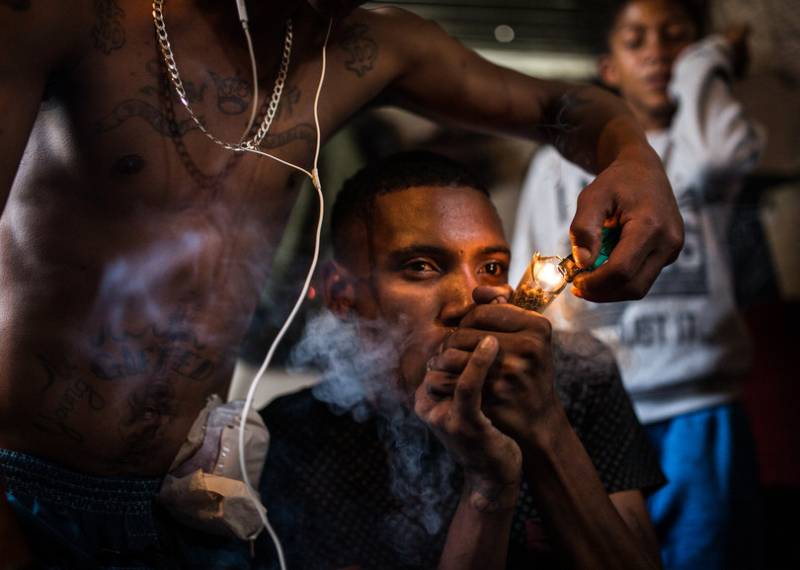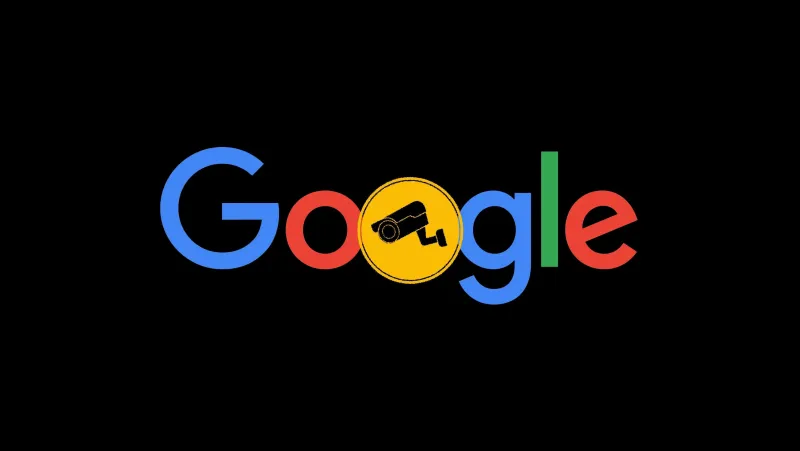In the fast-evolving world of cryptocurrency, where dreams of decentralized wealth collide with digital innovation, few stories are as haunting—and telling—as that of OneCoin. Billed in 2014 as the future of finance, OneCoin was not just another crypto project. It was the epicenter of one of the most audacious scams in modern financial history, masterminded by a woman now known across the globe: Ruja Ignatova.
Ruja didn’t merely sell people on a product—she sold them a vision. With a doctorate from Oxford and an aura of unstoppable confidence, she moved through luxury auditoriums draped in designer dresses and red lipstick, preaching financial revolution. To many, especially those in developing nations with limited access to traditional banking, she seemed like a savior. But while the audience clapped and wallets opened, the truth was darker than most could imagine: there was no blockchain.
Behind the curtain, the magic unraveled fast. Enter Bjørn Bjercke—a Norwegian blockchain expert and software developer who, ironically, was approached by OneCoin after its launch. They wanted him to build the very blockchain they claimed was already powering their system. The salary was generous, the perks extravagant, but Bjercke had one nagging question: How can a cryptocurrency already valued at billions not have a blockchain?

Related article - Uphorial Podcast

That question became his mission. He didn’t just say no; he went public, risking not just his career, but his safety, because OneCoin wasn't a harmless scheme. It was a global machine built on illusion and powered by people’s desperation. It had snowballed into a fervent community—a pseudo-religious following—where questioning the system was blasphemy. When Bjercke blew the whistle, he was met with threats and smear campaigns. But he stood his ground. As much as this story is about fraud, it's equally about courage and the tragic cost of blind trust. OneCoin wasn’t just numbers on a screen; it was people’s pensions, students’ tuition, families’ savings—all gone. For many, especially in economically vulnerable regions, the dream of “getting in early” was a once-in-a-lifetime opportunity. That dream became a nightmare.
The most chilling part? Ruja Ignatova saw it coming. In 2017, just as international authorities were closing in, she disappeared. One moment, she was speaking at sold-out conferences, the next she was on the FBI’s Most Wanted list. Reports say she boarded a plane to Athens and vanished into thin air. No digital trace. No public sighting. Just a black hole of unanswered questions. While Ruja became a ghost, Bjercke became a global ally in the fight against crypto fraud. He now works with investigative bodies across continents, peeling back the layers of new and emerging scams. His voice has become a lighthouse in a stormy sea of misinformation, helping investors and enthusiasts distinguish between innovation and illusion.
Yet, for those who were deceived, even the best justice will feel hollow. Money is lost. Trust is shattered. Some still cling to the belief that OneCoin is real, convinced Ruja will return to vindicate them. That is perhaps the most tragic ripple effect of manipulation—not just the financial damage, but the psychological hold it leaves behind. OneCoin reminds us that in the world of finance, charisma can be as powerful as code—and sometimes, far more dangerous. It’s a cautionary tale not just about a scam, but about the seductive power of a good story told at the right time to the wrong people. Ruja Ignatova mastered that craft, and Bjørn Bjercke, in pulling the curtain back, reminds us that real integrity often comes at a cost. But thanks to him and others like him, fewer people may have to pay it.



